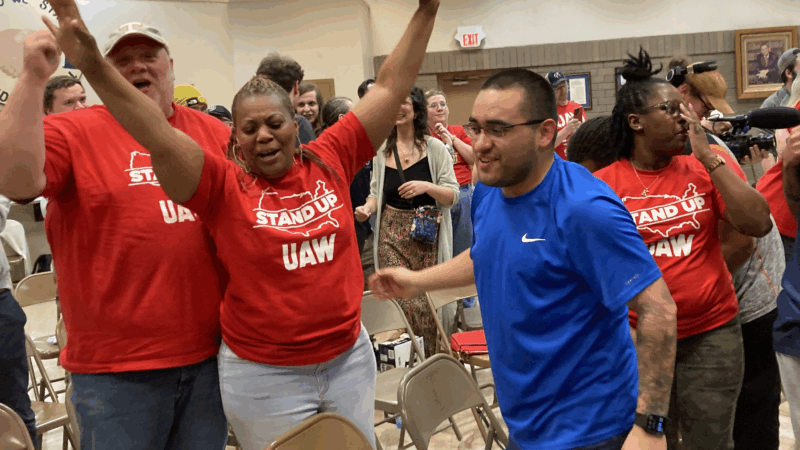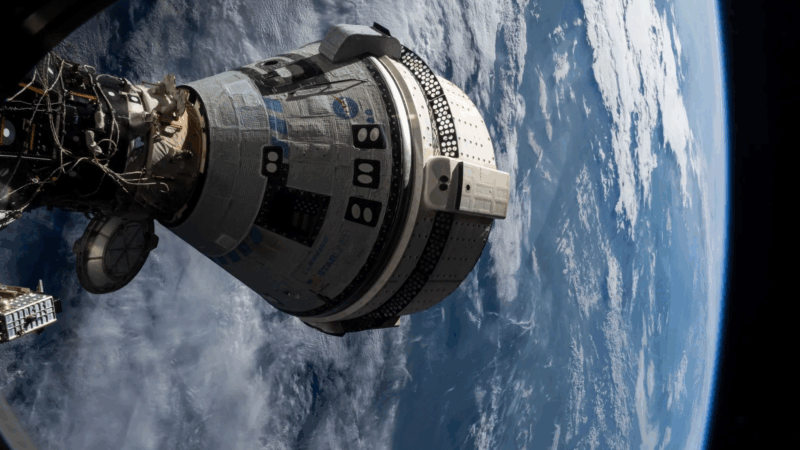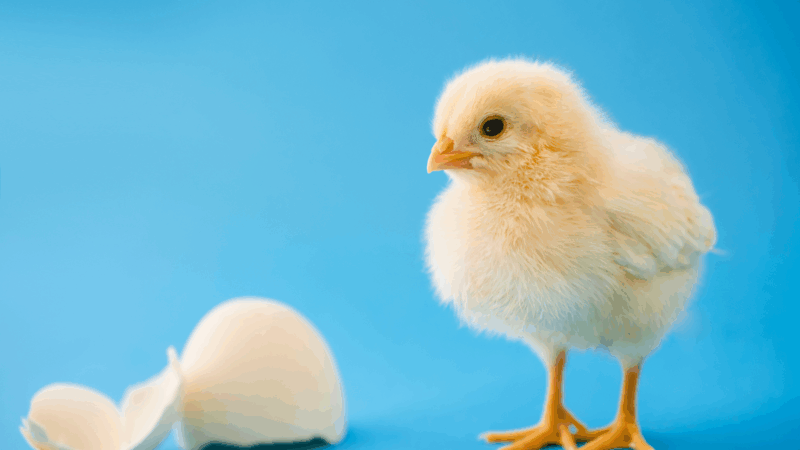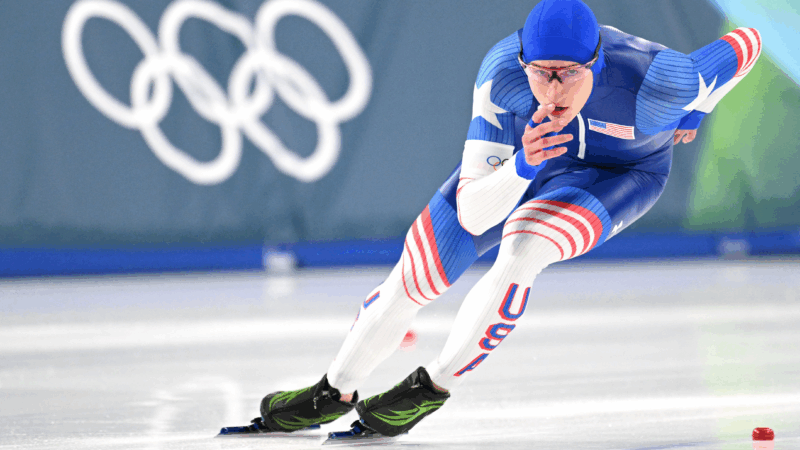Conservation: The Behavior Gap
What are you doing to help the environment? Have you ditched the plastic water bottles and carry a reusable one instead. Maybe you bike to work a couple days a week. According to a recent study, there’s sometimes a big gap between what we say we should do and what we actually do. WBHM’s Tanya Ott knows all about it.
I’ve got a morning routine in my house. The first thing I do is I brush my teeth. I always turn off the water while brushing my teeth. I take a quick shower, get dressed and head downstairs. I might take out the recycling, unless the outside bin is full and we’re still a couple days away from pickup. In which case, I sometimes throw recyclables away. I grab my diet coke (in the plastic bottle) and get into my car (by myself) to drive to work. I feel guilty about a lot of this stuff. And it turns out I’m not alone!
Michelle Kim agrees it’s important to save water and electricity and to recycle. She says it’s easy in Korea, where she’s from, because almost everything is recyclable. But it’s not so easy here in the states.
“In America you just need a little more effort, you know, to do it because you have to find your own place to recycle and I don’t think our apartment does it as much.”
GOOD INTENTIONS, BUT…
Anthony Leiserowitz is the director of Yale University’s Project on Climate Change. Along with colleagues from George Mason University, he surveys people on what they say is important to protect the environment and what they actually do. 72% of respondents say using public transportation or carpooling is important, but only 12% actually do it.
“Many people say, look, I would love to do this, but my community hasn’t provided me with public transportation options that affordable or clean or safe of even easily used. In other words the routes don’t go near where I live.”
Leiserowitz says that’s a societal constraint. Communities have invested much more money in roads and building up a car-based culture.
PERSONAL CHOICE
Teddy Pendergrass told us to turn out the lights. And so did our mamas. Still, 9% of survey respondents who say they should turn off the lights, don’t! Anthony Leiserowitz says they’re lazy, but technology like motion detector lights can help.
“The light comes on when somebody comes into a room and if there’s no motion in a room for ten minutes, the light automatically goes out. Problem solved!”
It’s not surprising that we tend to do the things that are easier. Any behavior change takes time. At first it’s hard to remember, but once you make it a habit it becomes second nature.
Anthony Leiserowitz says don’t overlook the bigger changes that will save you more energy and money. He says swapping traditional light bulbs for compact fluorescents is a great conservation move. So is upgrading the insulation in your attic. It’s not sexy… but it is smart.
Venezuela approves amnesty that may release of hundreds detained for political reasons
Venezuela's acting president has signed into law an amnesty bill that could lead to the release of politicians, activists, lawyers and many others. The approval marks a stark turn for the nation.
In a historic vote, Tennessee Volkswagen workers get their first union contract
Two years ago, the successful union drive at this plant was expected to spark victories throughout the South. But now, as members vote to make their contract official, momentum has fizzled.
NASA chief blasts Boeing, space agency for failed Starliner astronaut mission
NASA's Jared Isaacman slammed Boeing for failures with its Starliner spacecraft, which was deemed unsafe to return its crew of two astronauts from the International Space Station
Internal memo details cosmetic changes and facility repairs to Kennedy Center
Trump announced his plans to close the Kennedy Center entirely for two years "for Construction, Revitalization, and Complete Rebuilding." The announcement came after many prominent artists canceled existing scheduled appearances.
Baby chicks link certain sounds with shapes, just like humans do
A surprising new study shows that baby chickens react the same way that humans do when tested for something called the "bouba-kiki effect," which has been linked to the emergence of language.
American Jordan Stolz speedskates to a third Olympic medal — silver this time
U.S. speedskater Jordan Stolz had a lot of hype accompanying him in these Winter Olympic Games. He's now got two gold medals, one silver, with one event to go.






